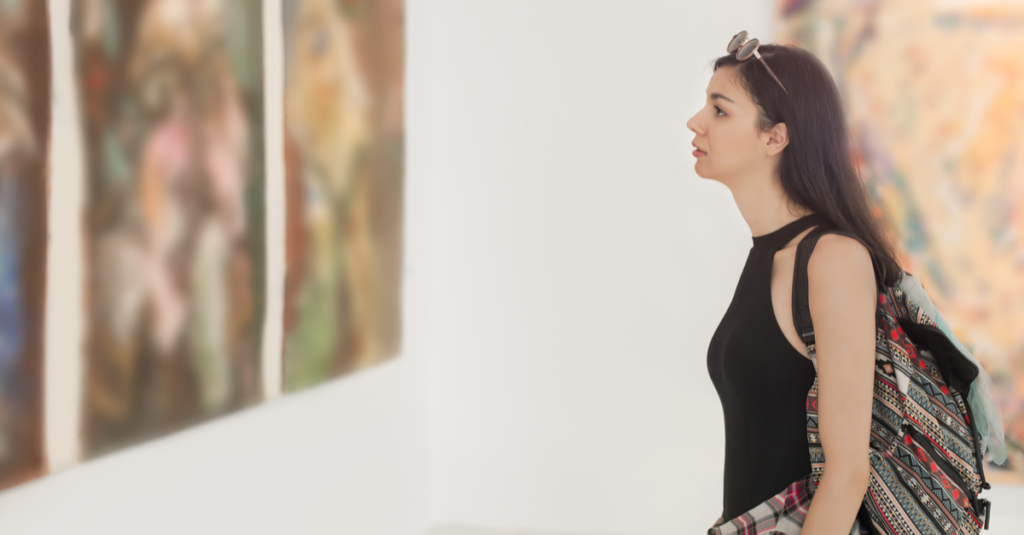Demonstrating proficiency in the basic sciences is a hallmark of a good medical school application, but given that focus on completing STEM-based premedical prerequisites with the highest grades possible, many premed students forget that courses in other disciplines will also bolster the skills and knowledge necessary to succeed as a medical student and physician. Though many schools now require that premedical students take a writing-intensive humanities class to apply, you can expand upon this bare-bones requirement in order to improve your readiness for medical school. These four courses—including a traditional English course, a philosophy course, a course in a foreign language, and an art history course—will help students hone transferable practical skills that might one day improve their patient care and clinical reasoning.
- An English Course
The basic seminar structure of many English courses mirrors the type of instruction that one now finds popular in medical school—a group of students sitting around a table, all grappling with a difficult concept, asking questions of one another and consulting outside sources for help. Add to that format the fact that English classes usually rely upon applying different aspects of literary theory to texts, and you might see how an English course can assist you in developing the reasoning skills necessary to become a physician. Apart from exposing students to a classroom format used in some medical schools, English classes encourage students to move from theory to practical application—a hurdle that medical students and physicians must surmount nearly every day in clinical medicine. While premedical students might bristle at the amount of reading required in an English course, there are several types of classes in which students can gain the benefits of small group learning while mastering the art of literary analysis, all without reading War and Peace in ten days. Consider enrolling in a poetry or short story course, or a class that focuses on analyzing only one novel over the course of a semester.
- A Philosophy Class
Delving into philosophical arguments, whether they be the ancient arguments of Plato or the more modern arguments of Foucault, teaches students the practical skill of extracting important information from a labyrinthine tangle of complex thought. The body—as well as the patients who present with their own narratives—is inherently complex, and as you grow in medicine, you must learn to identify reasonable treatment plans from a vast network of possibilities, as well as relevant facts about your patient that might influence his or her treatment. Being able to unpack the complexities of a philosophical argument helps build the foundation on which you will learn to unravel the complexities of medical cases in order to focus in on appropriate differential diagnoses and treatments.
- A Foreign Language Class
Many people who have made their way through medical school claim that the first two years are like learning a foreign language. In their first year alone, medical students will acquire thousands of new words in their vocabularies. The magnitude of this language acquisition is certainly intimidating, but that intimidation can be lessened by understanding how one best learns an actual foreign language. Learning to cope with the constant presentation of new words—and being expected to actively use them in class—encourages students to combine their classroom learning with practice during language acquisition. Being skilled at mastering the meanings of new words quickly may aid in preparing you for the transition into the first year of medical school.
- An Art History Course
Much of the first half of medical school is based upon both straight recall and interpreting facts and images on the fly, and there is perhaps no better class in which to sharpen these skills than an art history course. With the usual format of both engaging in the minute analysis of individual works of art and memorizing what can amount to several hundred works of art so that you recognize them on sight, art history prepares students to acquire a vast amount of knowledge in a short period of time, and to apply guiding analytic principles to this knowledge. In addition, being able to analyze images by paying attention to their smallest details is a skill transferable to interpreting the radiological images that are present in every medical student’s career.
